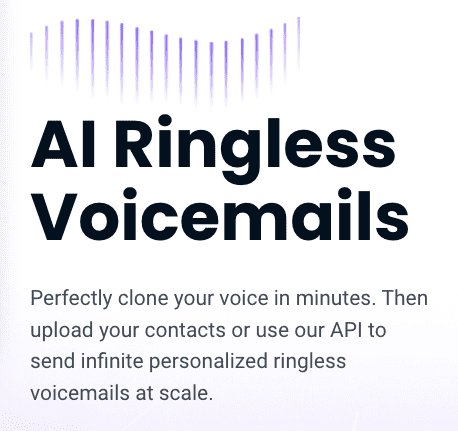Overview
Match AI is a groundbreaking AI-assisted tool for color grading created by Monokee to elevate the visual narrative for photographers, videographers, and digital creatives. This cutting-edge instrument streamlines color grading, smoothly matching hues between photos and forming 3D LUTs (Look-Up Tables) for effortless integration with widely used editing applications like Premiere, Photoshop, and Davinci Resolve.
A notable aspect of Match AI is its unwavering focus on maintaining user privacy and discretion. The entire image processing occurs locally on the user’s machine, ensuring sensitive information remains within the boundaries of your personal environment. This attribute is especially beneficial for experts dealing with confidential or proprietary imagery.
Match AI is not only potent but also user-friendly, providing simple controls for color modifications and multiple image export options to fulfill diverse project requirements. Users can begin with a standard version of the tool, featuring a comprehensive array of capabilities for everyday use.
For those desiring expanded functionality, Match AI Pro offers unrestricted access to 3D LUTs, the capability to export pictures in full resolution, and ongoing access to the newest software enhancements without a subscription. This superior version is perfect for professionals aiming to optimize their creative output and proficiency in color grading tasks.
Key features
- Automated color grading: Match AI employs sophisticated AI to automatically apply color grading to images, simplifying the color correction process for users.
- On-device image processing: Protects user privacy by processing all images directly on the user’s machine, circumventing the need to transfer sensitive data to external servers.
- 3D LUT creation: Enables users to craft and customize 3D LUTs (Look-Up Tables) for consistent color application across various projects and applications.
- Extensive application compatibility: Match AI is compatible with widely-used editing software like Premiere, Photoshop, and Davinci Resolve, enhancing workflow integration.
- Pro version enhancement: Allows an upgrade to Match AI Pro, offering unlimited 3D LUTs, full-resolution exports, and access to all forthcoming updates without a subscription.
- Adaptable export choices: Provides various image export options, allowing users to save their work in multiple formats suitable for different applications and uses.
Pros
- Instant preview: Match AI provides a real-time preview feature, enabling users to view immediate results of color adjustments, ensuring a streamlined workflow and precision in color grading.
- Simultaneous batch processing: Users can apply color grading to multiple images at once, significantly accelerating the editing process for extensive projects or photo collections.
- User-friendly interface: Created with an intuitive interface, Match AI is designed to be easily navigated and utilized by both beginners and seasoned users effectively.
- AI-powered recommendations: Match AI offers AI-driven suggestions for color enhancements, aiding users in attaining optimal results by learning from their preferences and previous edits.
- Personalizable presets: Users can create, store, and reuse their own color grading presets, which simplifies the editing process and ensures uniformity across various projects.
Cons
- Demanding on resources: Match AI’s advanced AI and local processing capabilities require considerable computational power, which may slow down older or less robust machines.
- Restrained manual manipulation: While automated color grading simplifies processes, it can restrict creative professionals who prefer manual color tweaks for unique outcomes.
- Challenging learning curve: The extensive features and functionalities in Match AI, including 3D LUT customization, may overwhelm new users or those unfamiliar with advanced editing software.
- Integration difficulties: Despite broad software compatibility, some users might face integration issues with uncommon or older editing systems.
- Dependence on AI: Heavy reliance on AI for color grading can result in less personalized results, potentially standardizing creative outputs across different projects.



